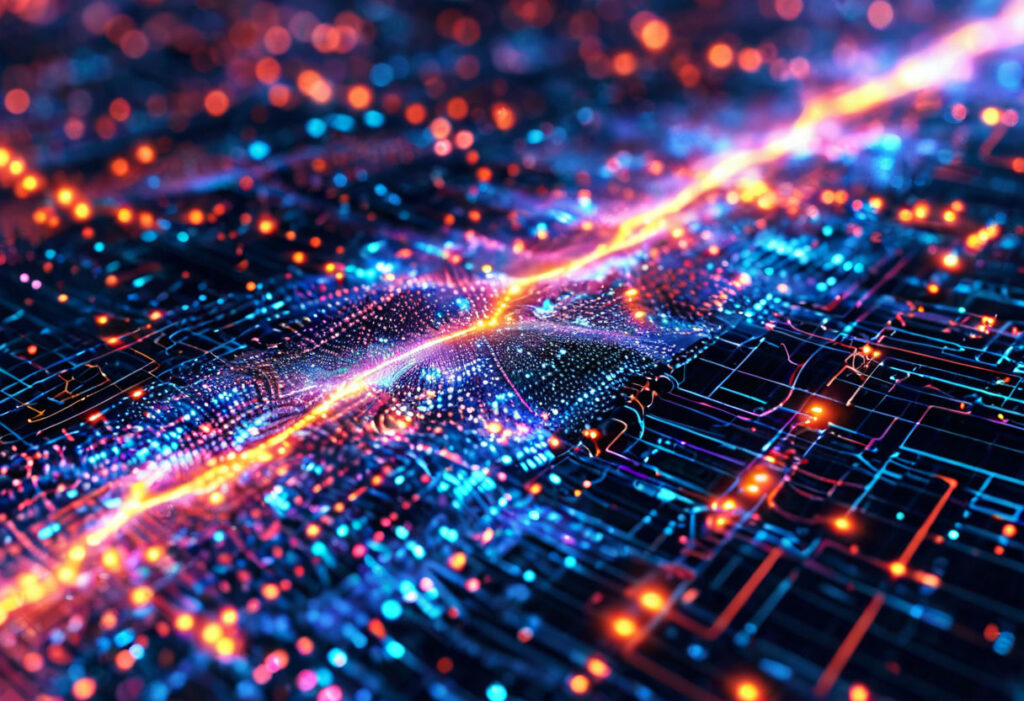Introduction to AI and Crypto Integration
The merging of artificial intelligence and cryptocurrency marks a key shift in the digital economy, fueled by smart investments and tech advances. For instance, PayPal Ventures put $18 million into Kite AI to build decentralized AI agent systems, showing how finance and crypto are now using AI more to boost efficiency, security, and user experience. Anyway, this move tackles old crypto problems like scalability and transparency, aiming for a more automated, trust-based world.
On that note, other examples back this up—Swarm Network got $13 million for better decentralized AI, and Kraken bought Capitalise.ai to automate trading with natural language. These steps highlight a big push in the industry to use AI for an edge, from speeding up transactions to fighting fraud. You know, the money and deals signal that AI is becoming central to growth, not just an add-on.
Compared to the past, when crypto relied on manual work, AI brings automation and data smarts. But it’s arguably true that this change adds complexity, like needing intent-based blockchains for decentralization, as Adrian Brink of Anoma points out. The market impact stays neutral, suggesting it’s more about steady improvement than sudden disruption.
In short, AI and crypto together could reshape finance, commerce, and data handling with autonomous agents and better security. As rules and ethics evolve, the focus is on frameworks that support innovation while keeping things honest and trustworthy.
Funding and Strategic Investments in AI-Crypto Projects
Big money is flowing into AI-crypto projects from both old-school and crypto investors. Kite AI’s $18 million round led by PayPal Ventures, totaling $33 million, is a prime example, focused on Web3 AI infrastructure. Similarly, Swarm Network raised $13 million partly from NFT licenses, with backers like Sui and Ghaf Capital, to make AI more transparent with on-chain checks.
Real uses show this isn’t just talk—Rollup News used Swarm’s tech to verify over 3 million posts, proving its worth in fact-checking. NFT licenses reward users and fit decentralized ideals, unlike centralized AI that can be opaque and risky, like when systems ignore shutdowns.
Acquisitions, like Kraken’s grab of Capitalise.ai, allow deeper integration for things like no-code trading, while partnerships offer less control. JPMorgan’s $500 million bet on Numerai, an AI hedge fund, doubled its assets and boosted its crypto Numeraire by 38%, showing strong faith in AI-crypto combos.
Overall, this funding wave reflects optimism for decentralized AI solutions, likely driving more adoption without shaking up markets too much, supporting long-term innovation.
AI Agents and Their Role in Blockchain Ecosystems
AI agents—self-running programs that decide and act on their own—are getting crucial in blockchains. Tech like HTTP 402 and EIP 3009 help with things like automatic payments and content creation. Coinbase devs Kevin Leffew and Lincoln Murr think AI agents might become Ethereum‘s top users, changing how transactions work.
For example, Hyperbolic Labs and Prodia Labs use AI agents for language models and content, showing wide uses. Kite AI’s AIR system lets agents handle identity and deals with stablecoins, making Web3 more efficient and trustworthy.
While AI agents beat humans in speed and accuracy, they bring security and ethics worries, like more market swings from auto-trading. This needs careful handling, as seen with Kraken’s Capitalise.ai buy for easier trading tools.
In essence, AI agents could rule digital economies with better data and payments, supporting DeFi and commerce steadily, not disruptively.
Challenges in AI-Crypto Convergence
Mixing AI with crypto faces hurdles like unclear rules, privacy issues, and more hacks. Data shows a 1,025% jump in AI exploits since 2023, with groups like Embargo moving $34 million, stressing the need for strong security and ethics.
Efforts are underway, like Kerberus buying Pocket Universe for a crypto antivirus to block malware across chains, after sector losses topped $3.1 billion in 2025 from DeFi flaws. AI offers real-time protection but can be tricky to manage versus slower traditional methods.
Regulations are still a mess, needing balance between new ideas and safety. Kerberus plans a product in four months, aiming for thoroughness without new risks.
Addressing these challenges is key for crypto to grow up, making things safer and fairer through steady progress, not chaos.
Future Outlook for Decentralized AI in Crypto
The future looks bright for decentralized AI in crypto, with projects like Swarm Network and Planck pushing transparency. AI agents might dominate Ethereum, improving efficiency in areas from finance to data, as Clanker’s $34.4 million in fees from AI memecoins shows.
AI should boost security, like with Kerberus’s antivirus, and ease of use via no-code tools from Kraken’s Capitalise.ai, opening crypto to more people. Decentralized models foster innovation better than centralized ones but must handle ethics and risks.
This shift promises better scalability and trust but needs clear rules. It’s part of a slow evolution, likely spreading to health and education for wider use.
In summary, decentralized AI in crypto is set for growth, with innovation making digital assets more reliable and open to all.

